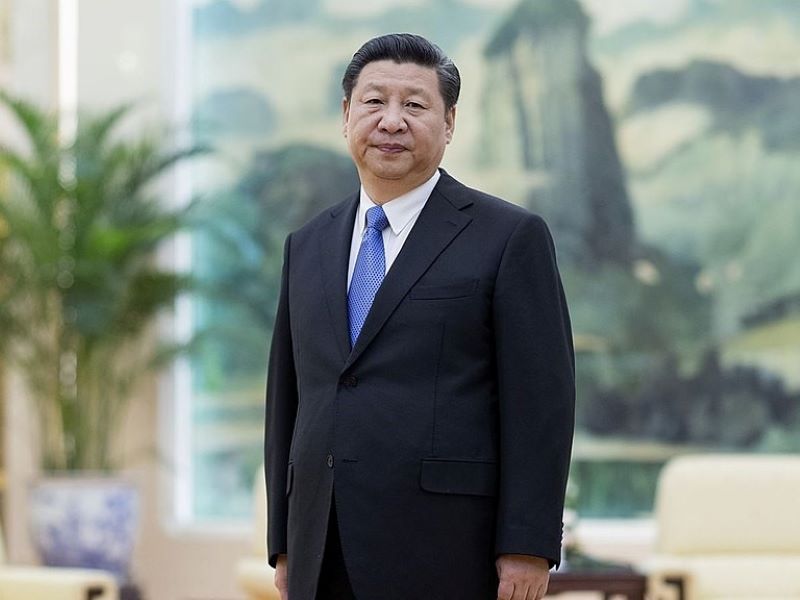China’s president Xi Jinping touted a $626 billion investment in science and technology over the last decade and reaffirmed a national goal of becoming one of the world’s most innovative nations by 2035 during a landmark Communist Party address at the weekend.
The renewed commitment to sovereign science, technology and skills comes as the United States seeks to decouple China from cutting-edge technologies through sweeping new export controls.
President Xi said the Chinese government would take more control of how science funding is directed, accelerate the development of its workforce and researchers, and encourage more research toward industrial applications and commercialisation.

Already the world’s second largest economy, China is outside the top ten most innovative nations in global rankings, but is rising quickly and is the only middle-income economy in the top 20.
President Xi said China would join the ranks of the “most innovative” nations by 2035 to have “great self-reliance and strength in science and technology”.
The innovation goal is part of a 2035 plan to “realise socialist modernisation” and “build China into a great modern socialist country”, according to a translation of the speech President Xi gave to the 20th National Congress of the Communist Party of China on Sunday.
During the nearly two-hour address President Xi, who is expected to secure a precedent-breaking third term at the key leadership meeting, reiterated the importance of science and technology in transforming the nation.
“To meet China’s strategic needs, we will concentrate resources on original and pioneering scientific and technological research to achieve breakthroughs in core technologies in key fields. In order to enhance China’s innovation capacity, we will move faster to launch a number of major national projects that are of strategic, big-picture, and long-term importance,” he said.
“We will strengthen basic research, prioritize original innovation, and encourage researchers to engage in free exploration.”
The declaration came just a week after the US introduced sweeping technology export controls that will limit Chinese companies’ access to advanced computer chips and slow their progress in strategic areas like quantum and artificial intelligence.
The US is seeking to shift technology supply chains out of China and increase its domestic manufacturing through the export controls and a new AU$438 billion industrial policy.
The policy includes massive new investments in research, commercialisation, regional technology hubs and workforce development, as well as $AU83 billion in subsidies and additional tax credits to companies that manufacture chips in the United States.
President Xi said China had nearly tripled its investment in research and development over the last decade to 2.8 trillion yuan (AU$626 billion) and urged further spending on “original and pioneering” research.
“Our country is now home to the largest cohort of R&D personnel in the world. We have grown stronger in basic research and original innovation, made breakthroughs in some core technologies in key fields, and boosted emerging strategic industries. We have witnessed major successes on multiple fronts, including manned spaceflight, lunar and Martian exploration, deep sea and deep earth probes, supercomputers, satellite navigation, quantum information, nuclear power technology, airliner manufacturing, and biomedicine.
“China has joined the ranks of the world’s innovators.”
Do you know more? Contact James Riley via Email.

